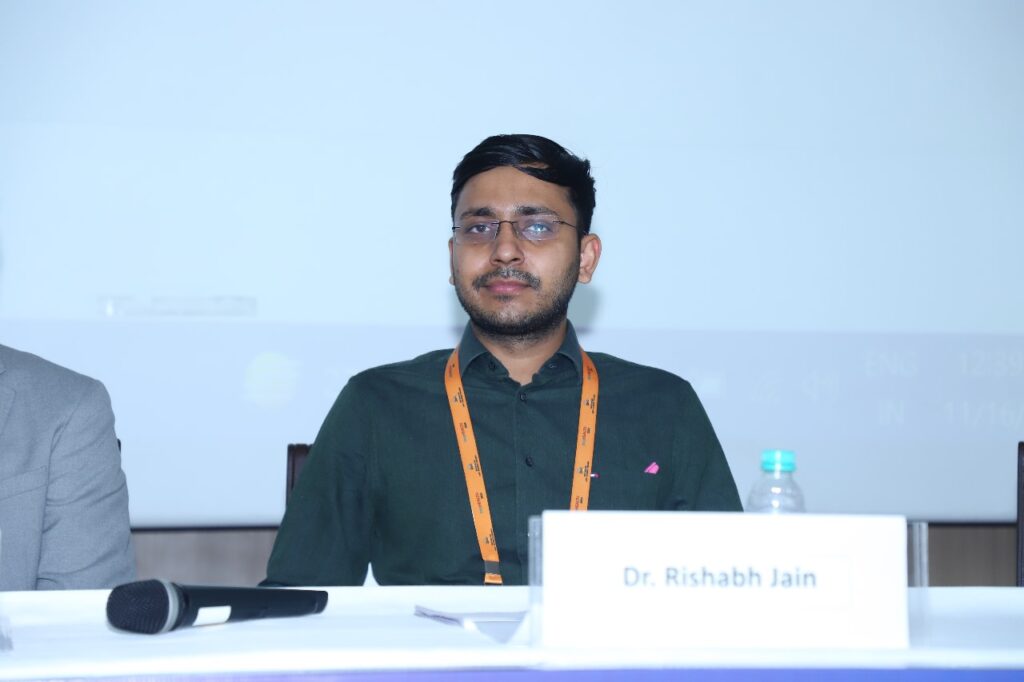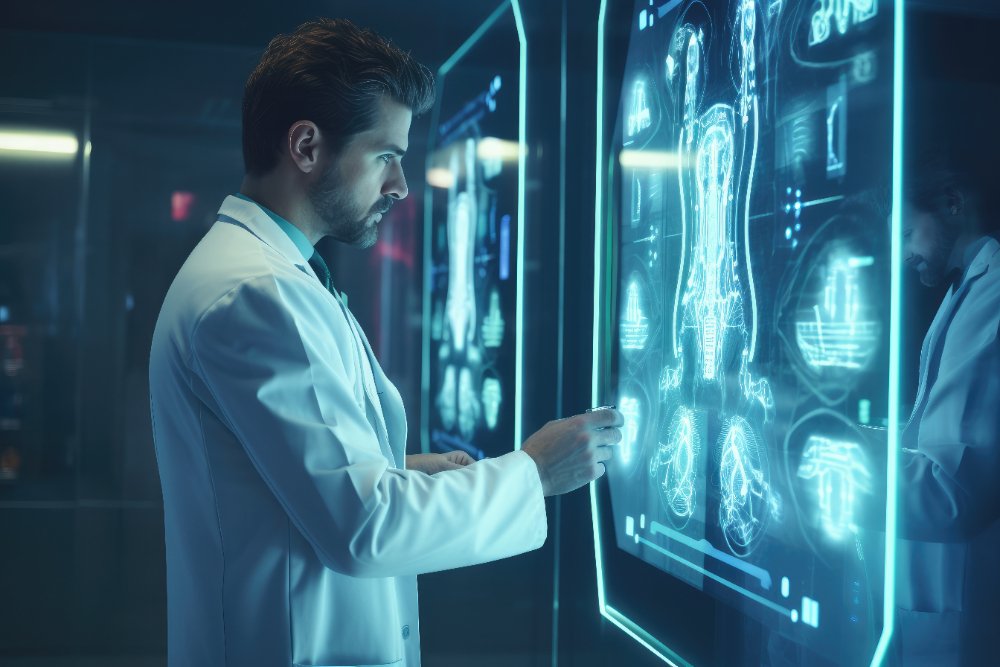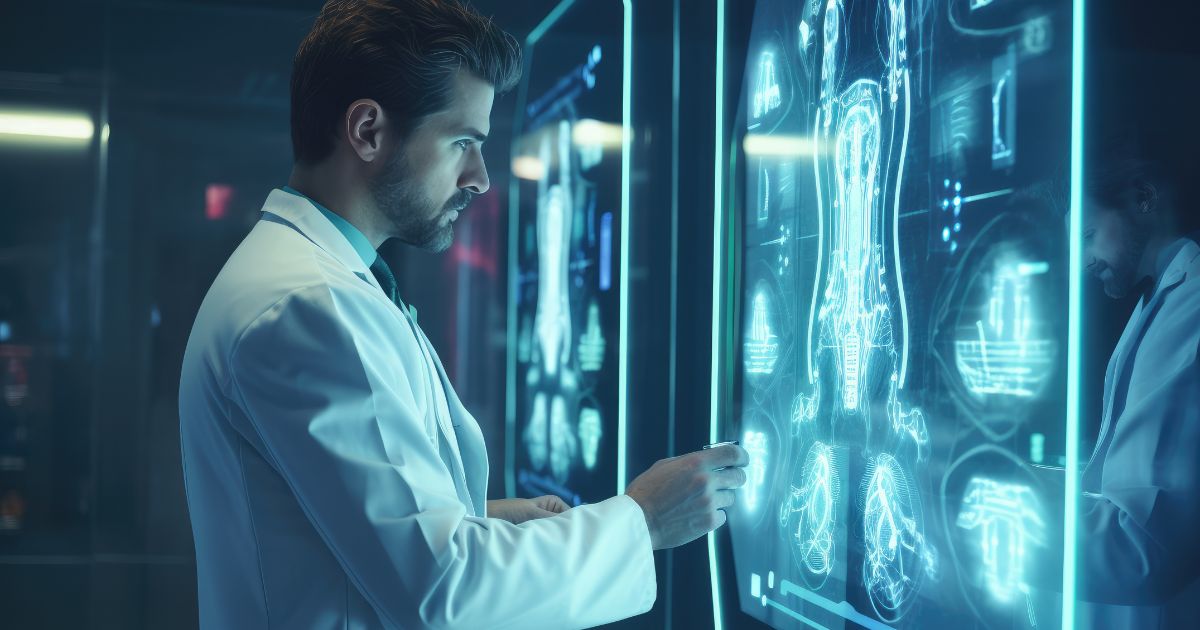
Inside the World of Interventional Radiology: A Conversation wi
At the 2024 Conference, we had the privilege of speaking with Dr. Rishabh Jain, an interventional radiologist at Fortis Escorts Heart Institute, New Delhi. In a compelling discussion, Dr. Jain shared insights into his field, the evolution of radiology, and the tech-driven future of modern medicine.
The “Plumbers” of Medicine
Interventional radiologists are often called the “plumbers” of the body — a title Dr. Jain wears proudly. With expertise in opening or closing blood vessels to manage life-threatening conditions, his work ranges from removing clots during strokes to stopping internal bleeding caused by aneurysms or liver disease.
“We open up or close vessels from head to toe,” he explained. Whether it’s aspirating clots in the brain or inserting stents in cirrhotic livers to relieve pressure, interventional radiology offers minimally invasive solutions when other specialties have reached their limits.
A Foundation Built on Rigorous Training
Dr. Jain’s journey began at the All India Institute of Medical Sciences (AIIMS), Delhi, where he laid the groundwork for his medical career. His post-graduate studies in radiology at PGI Chandigarh and a fellowship at the Institute of Liver and Biliary Sciences further specialized his focus.
“These twelve years of grueling work were instrumental in shaping who I am today — not just as a doctor, but as a healthcare leader,” he reflected.
The Tech-Driven Rise of Radiology

Radiology has undergone a radical transformation over the past few decades. “Before the 1990s, it was one of the least preferred branches,” Dr. Jain noted. But with the advent of CT scans, MRIs, and now AI-powered tools, radiology has risen to become one of the most competitive specialties.
Today, top medical graduates are choosing radiology, drawn by its diagnostic power and reliance on advanced technologies. According to Dr. Jain, artificial intelligence is already making significant strides in pattern recognition and streamlining the imaging workflow — especially in high-volume tasks like screening chest X-rays.
The Future of AI in Healthcare
AI isn’t replacing radiologists — it’s enhancing their efficiency. “AI helps us flag abnormalities faster, so radiologists can focus on clinical correlation and faster reporting,” he said. With the ever-increasing demand for imaging, AI is poised to be an essential ally in improving patient outcomes.
Final Thoughts
Dr. Jain’s story serves as inspiration for aspiring healthcare professionals. His passion for innovation, deep commitment to patient care, and vision for tech-integrated medicine exemplify what the future of healthcare looks like — precise, personalized, and powered by collaboration between human expertise and smart technology.
Composed By
InnoHEALTH magazine digital team
Listen to the full podcast on our YouTube channel: https://www.youtube.com/watch?v=Fo4yvpMZMPo

